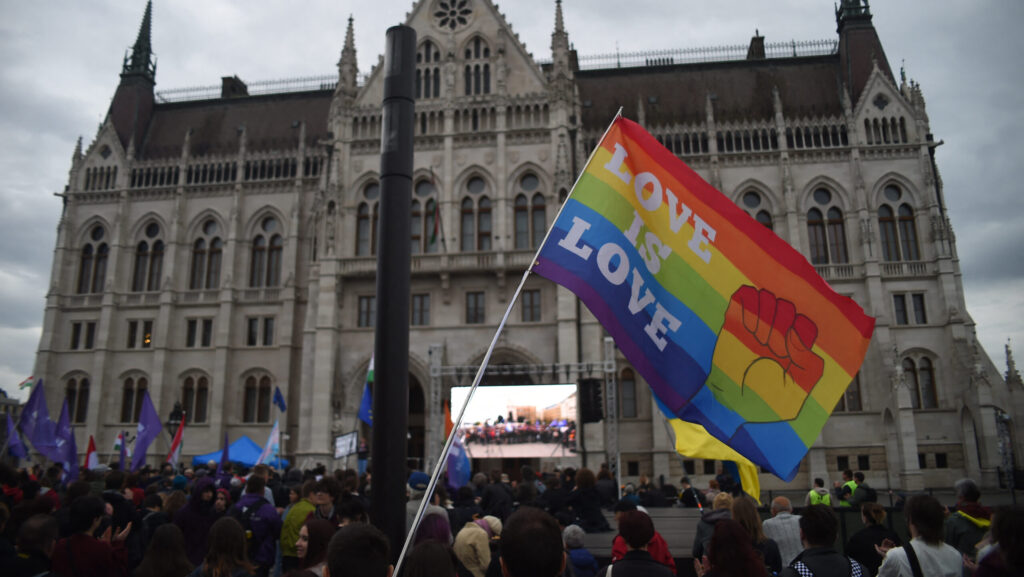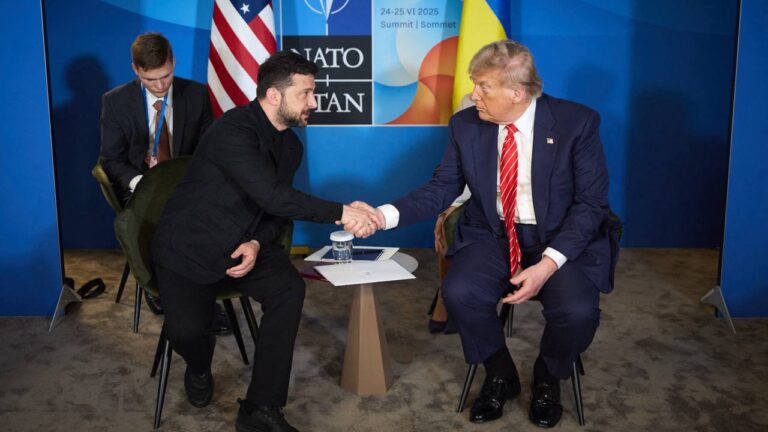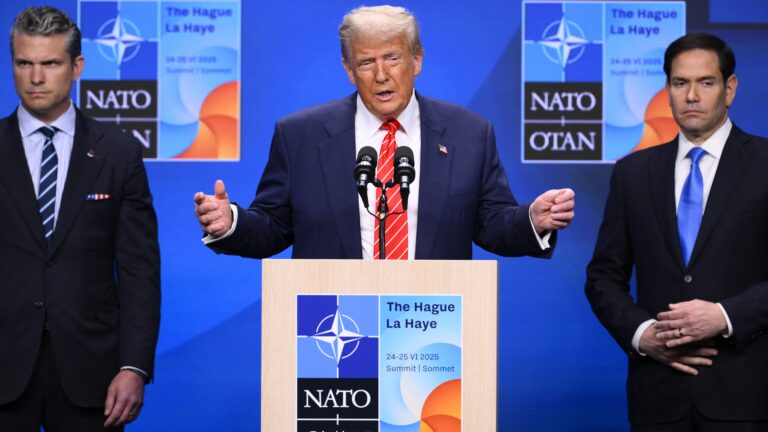About a month ago. Budapest Mayor Gergely Karácsony received an invitation from his Kyiv counterpart Vitali Klitschko to participate in an online discussion with him. Believing that the invitation was genuine, Karácsony agreed to the meeting. Initially the discussion went as predicted – he was asked about the Hungarian government’s position on the war and sanctions. However, later, some hugely provocative questions were posed – which made Karácsony suspicious that he might not be talking to the real Klitschko. Karácsony’s suspicion, which made him end the online conference sooner then planned, proved to be correct. It was not the mayor of Kyiv he was talking to, but the two Russian comedians known as Vovan and Lexus.
Vovan and Lexus are known for their prank telephone calls to prominent people all around the globe. The so-called deep fake technology that the two comedians use is capable of changing the appearance and voice of an individual so that it resembles someone else. Deep fakes are mostly used to undermine people’s reputation, by creating fake conversations, misleading interviews or even pornographic videos about prominent figures. The use of deep fake scams is becoming worryingly popular. According to a study done on the issue, between 2018-2020 the number of deep fakes generated all across the world has doubled every six months. All this raises a worrying question – can we trust our eyes at all now that fake and real videos are virtually indistinguishable?
Deep fakes are mostly used to undermine people’s reputation
While Karácsony posted about the fraud immediately after it had happened, Vovan and Lexus published the (cut) discussion on YouTube only now (about a month after the online talk). During the discussion–answering the question of the fake Klitschko–Karácsony expressed his disappointment with the government’s handling of the war and crisis, as well as Fidesz’ opposition to the sanctions. He drew attention to the current disputes between the government and the European Union and expressed his hope that Orbán’s position can be turned around by pressure from the EU. When he was asked if Ukrainian refugees receive enough aid to get by in Hungary, he argued that Hungary is not a ‘good place’ for refugees. In this early part of the conversation, Karácsony did not even suspect that he is not speaking to the real Klitschko.
Soon, however, the relevant questions about Ukrainian refugees, the war, and sanctions, turned into an interrogation of how the LGBTQ community is handled in Hungary. The fake Klitschko insisted that he is building a very tolerant and inclusive city in Kyiv and expressed the disappointment of European Commissioners (that he heard in private conversations with them) about the Hungarian government’s scepticism of trans-children. “Klitschko”–in a turn rather shocking for Karácsony–blamed the Fidesz government for not allowing children to choose their gender. Clearly, Karácsony was puzzled both by the questions as well as by Klitschko’s insistence to speak about the topic instead of about the war. Karácsony expressed his belief in tolerant cities, but overall, he tried to dodge the question by saying that now the most important is to work on ending the war. Soon, the fake Klitschko started to make even more confusing comments. He declared that Zelenskyy could help Karácsony and the liberal opposition to win the next election in Hungary. Karácsony did not accept the offer, all he responded was that the next election is quite a few years ahead. When the fake Klitschko insisted to ‘change the system of Hungary’ and ‘fuck Conservatives’ Karácsony and his translator giggled embarrassedly, and soon waved goodbye to quickly end the call.
The mayor of Budapest is far from being the first European politician who has been tricked by these scammers
The mayor of Budapest is far from being the first European mayor–or politicians for that matter–who has been tricked by these scammers. The mayor of Madrid, Berlin and Vienna suffered a similar humiliation by Vovan and Lexus. The mayor of Berlin spoke with the fake Klitschko for 15 minutes, when the conversation took a suspicious turn with the fake Klitschko asking for help to organise a gay parade in Kyiv. The mayor of Madrid, however, did not realise that the call was fake, until it was published by the comedians. Other than these mayors, Emmanuel Macron, Boris Johnson, Bernie Sanders and Elton John were all victims of deep fake scams. At the beginning of the war, there was fake video circulating online in which President Zelensky was asking the Ukrainian army to surrender.
Some believe that the advanced deep fake technology the two comedians are using and their preparedness are evidence of their connections to the Russian secret services. The fact that they usually select critics of Russia and of Putin as their targets might speak in favour of this explanation. Furthermore, Russian pro-government sources always report about their actions – which might be yet another indication of their links to the Russian government. The comedians themselves deny these accusations.








